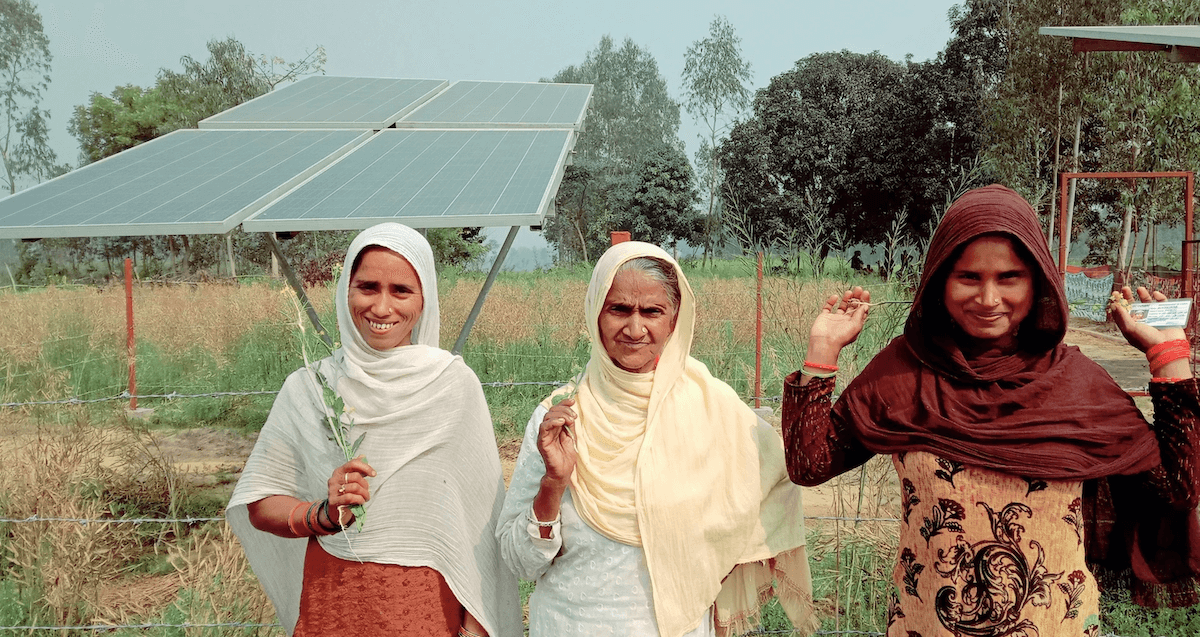ImpactAlpha, April 19 — Volcanic eruptions in the Caribbean that have caused residents of Saint Vincent and the Grenadines to flee their homes lent urgency to last week’s Island Finance Forum hosted by Island Innovation. “Crises are unfortunately not a surprise to most islanders,” said European Investment Bank’s Alexandra Almeida.
Financial experts, island policymakers and investors at the forum said the road to economic recovery and inclusive growth leads through the clean-energy transition and financial inclusion for islanders. The EIB has committed to delivering at least half of its annual financing to climate action and environmental sustainability by 2025, and to divest from the fossil fuel industry by end of 2021.
Capital for small and medium enterprises
Global island economies reliant on tourism have taken a particular hit in the pandemic. In the Pacific Islands, many women entrepreneurs lacked access to appropriate financing even pre-COVID. “With COVID, a lot of these women that have started microbusinesses connected to tourism have lost the opportunity to sell their services and products,” said New Zealand Pacific Business Council’s Catherine Sumpter.
Renewable energy
Inflationary energy sources: fossil fuels. Deflationary energy sources: wind and solar. BNP Paribas’ Mark Lewis called on island governments to learn the difference. The deflationary dynamic of renewable energy should drive net-zero targets, making projects more affordable. “It’s not only the right thing to do for the planet, it’s the smart thing to do for their taxpayers and their energy consumers,” said Lewis.
Women and youth
Bank of Guam’s Jackie Marati said women and young people lack financial access in Guam, which “results in huge opportunity costs to the global economy and in particular to islands’ economies,” Marati says digital and branchless options can make services simpler and more affordable. “By not innovating, financial institutions are missing a promising opportunity, leaving millions behind that could contribute to a healthy and inclusive economy,” she said.











